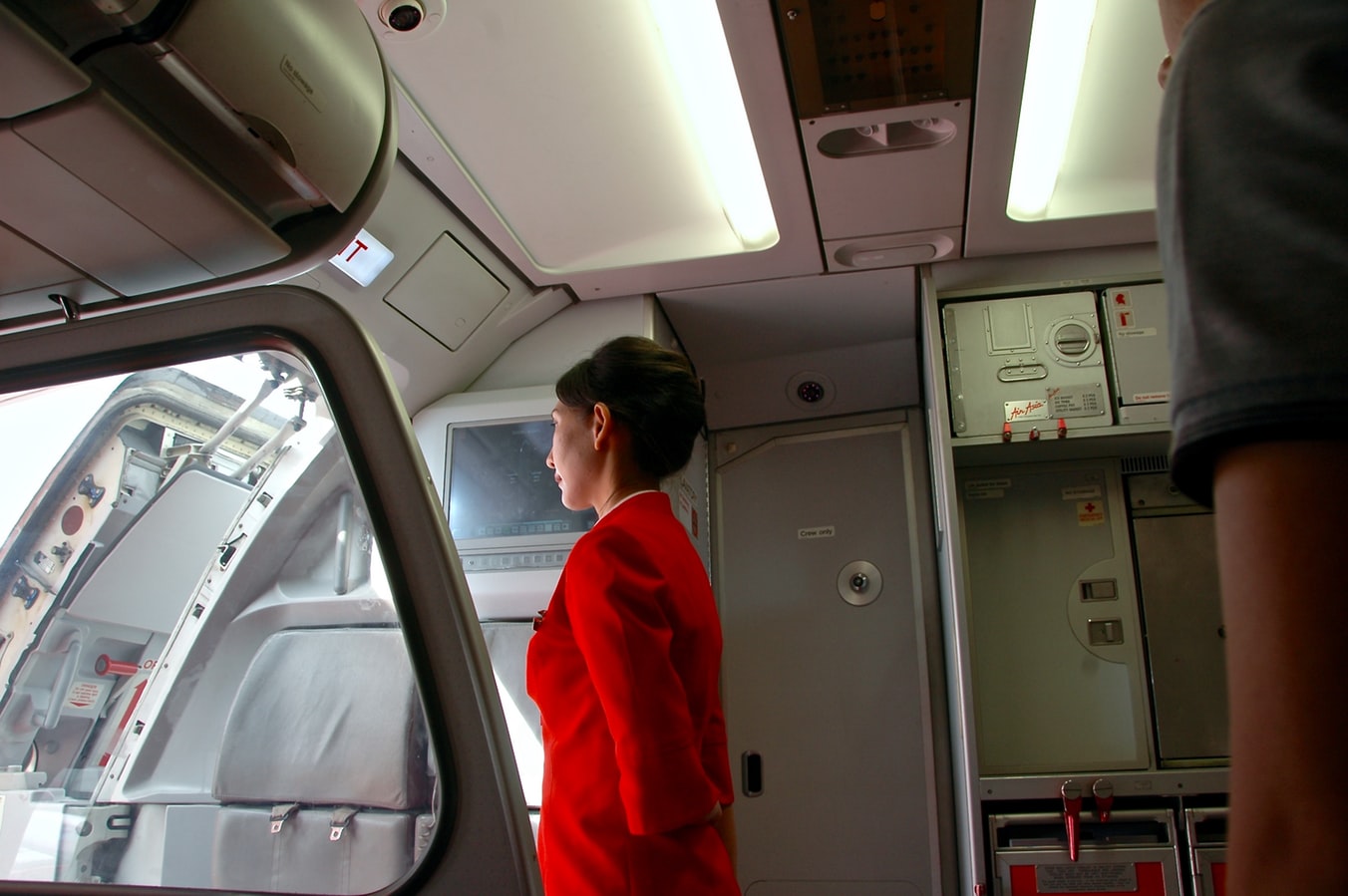Are flight attendants plagued by fatigue?
When flying home from Dubai earlier this week, I overheard a cabin attendant comment that she had “just got in on a flight from Auckland”. Immediately, the rest of my row was in shock. “So, you’re doing over 18 hours of air travel in a row?” I asked. She admitted that this was a typical route for her to do, with many multinational airlines having similar work schedules.
Even though you couldn’t tell that the crew were exhausted, it raised a lot of questions amongst those around me. How could you do such a high-pressured job when you’re working such long hours all the time?
With gruelling schedules, constant shifts between time zones and the pressure to remain alert and prepared for crisis at all time, there is no wonder why cabin crew often do not stay in the job for very long
With flight crew’s exhaustion in mind, EasyJet has previously cancelled flights on the basis that cabin crew were too tired. Even though this caused outrage amongst travellers, it highlighted a key issue that faces airline staff on a regular basis. With gruelling schedules, constant shifts between time zones and the pressure to remain alert and prepared for crisis at all time, there is no wonder why cabin crew often do not stay in the job for very long.
In a time where many countries have strict labour laws or regulations, there is a grey area as to where cabin crew fit into these rules. By constantly travelling around the globe, there is often confusion over where cabin crew are actually based. This means that there is not necessarily a rigid guideline as to how many hours cabin crew can work. Since many are often only paid when the plane is in the air, there can be a requirement to do more flights to simply make ends meet.
For many, the unpredictable schedule can interfere with their personal lives. When on call, flight attendants can be expected to be ready to fly with very short notice. It can force them to live closer to the airport, or even stay in the airport when on call if they live too far away from work.
Perhaps the next time you fly, it might be worth treating the crew around you with extra kindness
Since flight crew are expected to inform the airline if they do not feel fit to fly, questions can be raised over whether airlines are not setting stringent limits on how much staff should fly. Rather than having instances where cabin crew feel unfit to carry out their duty, perhaps airlines should be considering making sure that staff have enough down time between jobs to feel more confident in their work.
Often, we forget about the fact that the role of a flight attendant is such a difficult job. From the intense safety training to dealing with difficult passengers, the work airline staff do ensures that we fly to and from our destinations with as much ease as possible. Perhaps the next time you fly, it might be worth treating the crew around you with extra kindness. After all, in such an intense job, the way we treat those who help us make our journeys around the world can make an immense difference.

Comments (1)
I think every person at work deserves to be treated decently by others. Decency should not be a privilege reserved for certain professions.
I have several friends who work or have worked as cabin crew and they all said that many flight attendants do not rest during layovers, but rather enjoy a new country and travel. The work is certainly demanding, but do you really think that the crew will use a 24 or 48 hour layover to rest? My friends say no. The longer the landing, the further the trips from the airport where they landed. For example, the Great Wall of China is 50-60
km from the airport. That is not just a walk to the center.
I think that it is impossible to ensure that people really rest when this job is presented as “you travel for free and get paid”. Read discussions about flight attendant travel. Cabin crew often write there that in 24 hours it is possible to see a lot of a new destination. A lot? Really? So they probably don’t get much rest when they get so much done.
Also, flight attendants’ Instagrams are full of travel and no fatigue. This topic is very difficult to judge, because there will always be people who do cabin crew because they travel the world, not because they love airplanes and flying. These people always prioritize seeing as much as possible of a new country, and leave the rest until they are home.